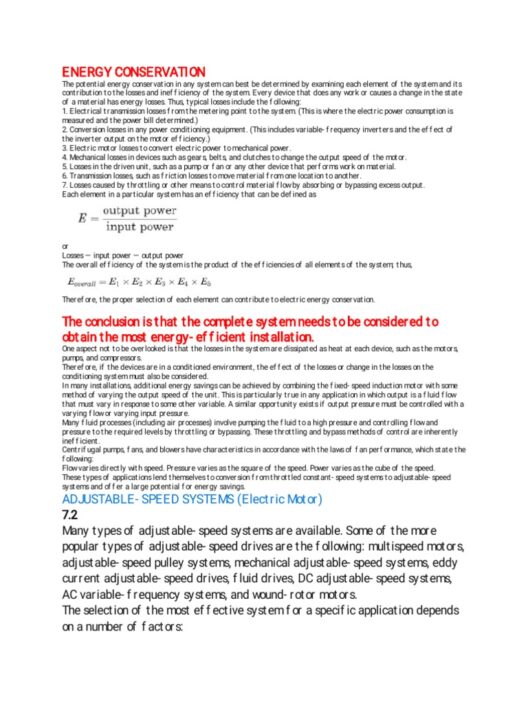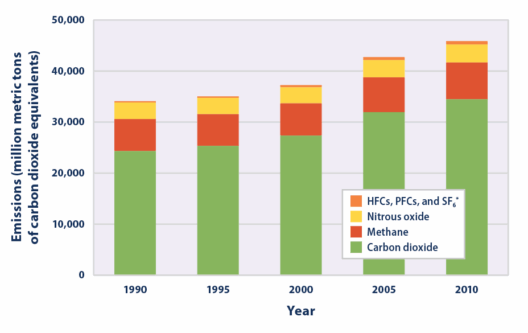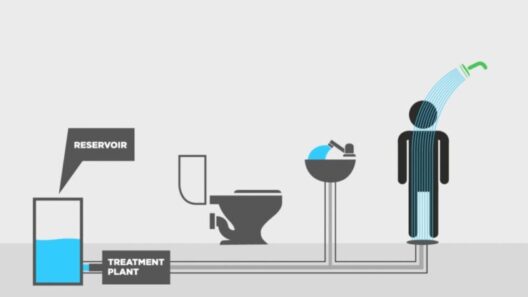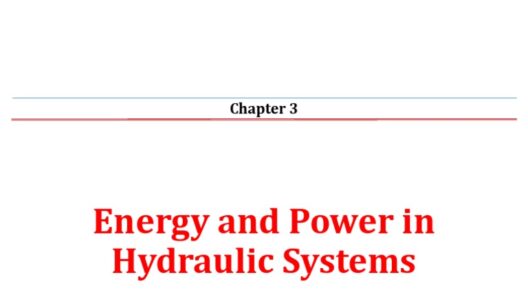When was the last time you paused and contemplated how much energy is consumed in your kitchen? Perhaps you’d be surprised to learn that this everyday space can be a major source of energy consumption in your home. However, adopting a mindful approach to energy use in this area can lead to substantial savings—not just on your electricity bill, but for the environment, too. Let’s delve into some practical yet impactful habits that can transform your kitchen into a more energy-efficient haven.
1. Embrace the Power of Efficient Appliances
One of the most significant energy culprits is the appliance itself. Upgrade to energy-efficient models that bear the Energy Star label. These appliances consume less electricity and water than standard options. Think of an Energy Star refrigerator or dishwasher as not just an investment in your home but also in the planet.
2. Mindful Meal Planning
Consider this: improper planning can lead to excess cooking, which wastes energy. Meal planning can help you utilize your ovens and stoves efficiently. By creating a week’s worth of meals, you can optimize your cooking sessions. For example, roast veggies and proteins simultaneously rather than heating the oven multiple times throughout the week.
3. Cooking Techniques Matter
Did you know that the way you cook can drastically affect energy consumption? Using lids on pots and pans traps heat, allowing food to cook faster. Opt for smaller burners when possible, and consider using pressure cookers or slow cookers, which take less energy overall. Alternatively, try microwaving instead of heating the oven, as they generally use less energy.
4. Optimize Your Refrigerator Usage
Your refrigerator is one of the most energy-hungry appliances in your kitchen, but you can easily mitigate its energy consumption. Keep it at 37°F (3°C) to save energy without compromising food safety. Also, remember that frequent door openings lead to an energy drain. Use a list when grocery shopping to minimize time spent lingering with the door open.
5. The Art of the Dishwasher
Are you someone who washes every dish by hand before loading the dishwasher? This habit may actually waste more water and energy than using the dishwasher alone. Instead, let your dishwasher do its job. Run full loads and avoid pre-rinsing; modern machines are designed to handle dirty dishes effectively. Another playful challenge: can you keep track of the number of loads you save over a month by adopting this habit?
6. Unplug Unused Appliances
Phantom energy, or the energy drawn by appliances that are turned off but still plugged in, can account for a surprising portion of your electric bill. To combat this, unplug appliances like toasters or blenders when they’re not in use. Consider using a power strip to make this process easier—simply flip the switch when the kitchen is idle. How much energy savings can you muster from a month of dedicated unplugging?
7. Light the Way Wisely
Lighting often goes unnoticed in terms of energy usage. Transition to LED bulbs, which utilize a fraction of the energy compared to incandescent or fluorescent lighting. Moreover, maximize natural light during the day to reduce reliance on artificial lighting. Make it a personal challenge: for a week, see if you can cook and prep meals using only natural light!
8. Use the Microwave and Toaster Oven
When you’re cooking smaller items, opt for the microwave or toaster oven instead of the full-sized oven. These smaller appliances not only save energy but also reduce heat output in your kitchen, which is an added bonus in warmer months. Challenge yourself to prepare an entire meal using just the microwave and toaster oven to see how versatile these tools can be.
9. Stock Up with Smart Organized Storage
How organized is your pantry? Properly organizing your kitchen can minimize food waste. When food is readily accessible, it reduces the chances of items being pushed to the back and forgotten. As you declutter, consider creating an inventory list. You’d be surprised at how much energy can be conserved by simply reducing waste.
10. Educate and Involve the Family
A sustainable kitchen isn’t just about one person’s habits; it’s a collective effort. Educate family members about energy conservation. Assign everyone a specific task—perhaps someone handles meal prep, another takes care of the dishes, while others maintain cleanliness around appliances. Could you turn this into a friendly competition to see who can save the most energy in one week?
11. Make It a Sustainable Kitchen
Lastly, consider the materials and products you purchase for your kitchen. Opt for sustainable materials, such as bamboo cutting boards or reusable storage containers, which reduce waste and the carbon footprint associated with their production. Transforming your kitchen into a sustainable space is not only beneficial to the environment but also creates a healthier atmosphere for your family.
In conclusion, these energy-saving habits can collectively make a remarkable impact on both your home’s energy consumption and the broader environment. By engaging with these practices, you’re not just trimming expenses; you’re also contributing positively to combat climate change. Are you ready to take on the challenge of transforming your kitchen into an energy-saving sanctuary? The planet will undoubtedly thank you!








